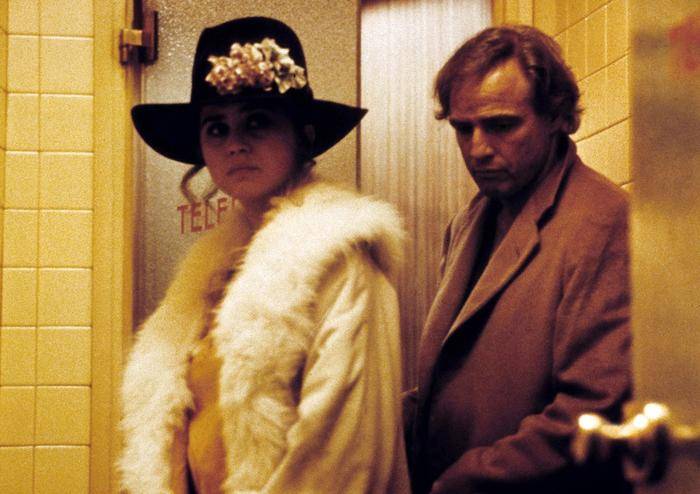Reevaluating a Classic: The Complexities of Screening "Last Tango in Paris"
The 1972 film "Last Tango in Paris" has long been considered a classic of world cinema, known for its provocative and emotionally charged portrayal of a tumultuous relationship between two strangers. However, in recent years, the film has faced renewed scrutiny over its depiction of sexual violence and consent.
As a result, many film programmers and curators have been grappling with the question of how to approach screenings of "Last Tango in Paris" in a way that acknowledges its problematic elements while also respecting its artistic value.
According to film critic and programmer, Alexandra Heller-Nicholas, "Of course, 'Last Tango in Paris' should be shown, but you should consider how to frame it." Heller-Nicholas argues that rather than simply presenting the film as a classic of world cinema, programmers should provide context and facilitate discussion about its problematic elements.
This approach is reflected in a recent screening of "Last Tango in Paris" at the Melbourne International Film Festival, which included a panel discussion and Q&A session to provide context and facilitate audience discussion.
The film's director, Bernardo Bertolucci, has himself acknowledged the problematic elements of "Last Tango in Paris." In a 2013 interview, Bertolucci stated that he regretted not obtaining consent from actress Maria Schneider before filming certain scenes.
Schneider, who played the role of Jeanne in the film, has also spoken publicly about the trauma she experienced during filming. In a 2007 interview, Schneider stated that she felt "raped" by Bertolucci and co-star Marlon Brando during the filming of certain scenes.
The controversy surrounding "Last Tango in Paris" highlights the complexities of reevaluating classic films in the context of modern social and cultural norms. While some argue that classic films should be preserved and presented in their original form, others argue that they should be reevaluated and recontextualized to reflect changing attitudes and values.
Ultimately, the decision of how to approach screenings of "Last Tango in Paris" will depend on the values and priorities of individual programmers and curators. However, by providing context and facilitating discussion, it is possible to present the film in a way that acknowledges its problematic elements while also respecting its artistic value.
- _Last Tango in Paris:_ The 1972 film "Last Tango in Paris" is a classic of world cinema, known for its provocative and emotionally charged portrayal of a tumultuous relationship between two strangers.
- _Controversy:_ The film has faced renewed scrutiny over its depiction of sexual violence and consent.
- _Bernardo Bertolucci:_ The film's director, Bernardo Bertolucci, has acknowledged the problematic elements of "Last Tango in Paris" and expressed regret over not obtaining consent from actress Maria Schneider before filming certain scenes.
- _Screenings:_ Many film programmers and curators have been grappling with the question of how to approach screenings of "Last Tango in Paris" in a way that acknowledges its problematic elements while also respecting its artistic value.
- _Context and Discussion:_ Providing context and facilitating discussion about the film's problematic elements is seen as a way to present the film in a responsible and respectful manner.
- _Reevaluating Classic Films:_ The controversy surrounding "Last Tango in Paris" highlights the complexities of reevaluating classic films in the context of modern social and cultural norms.


